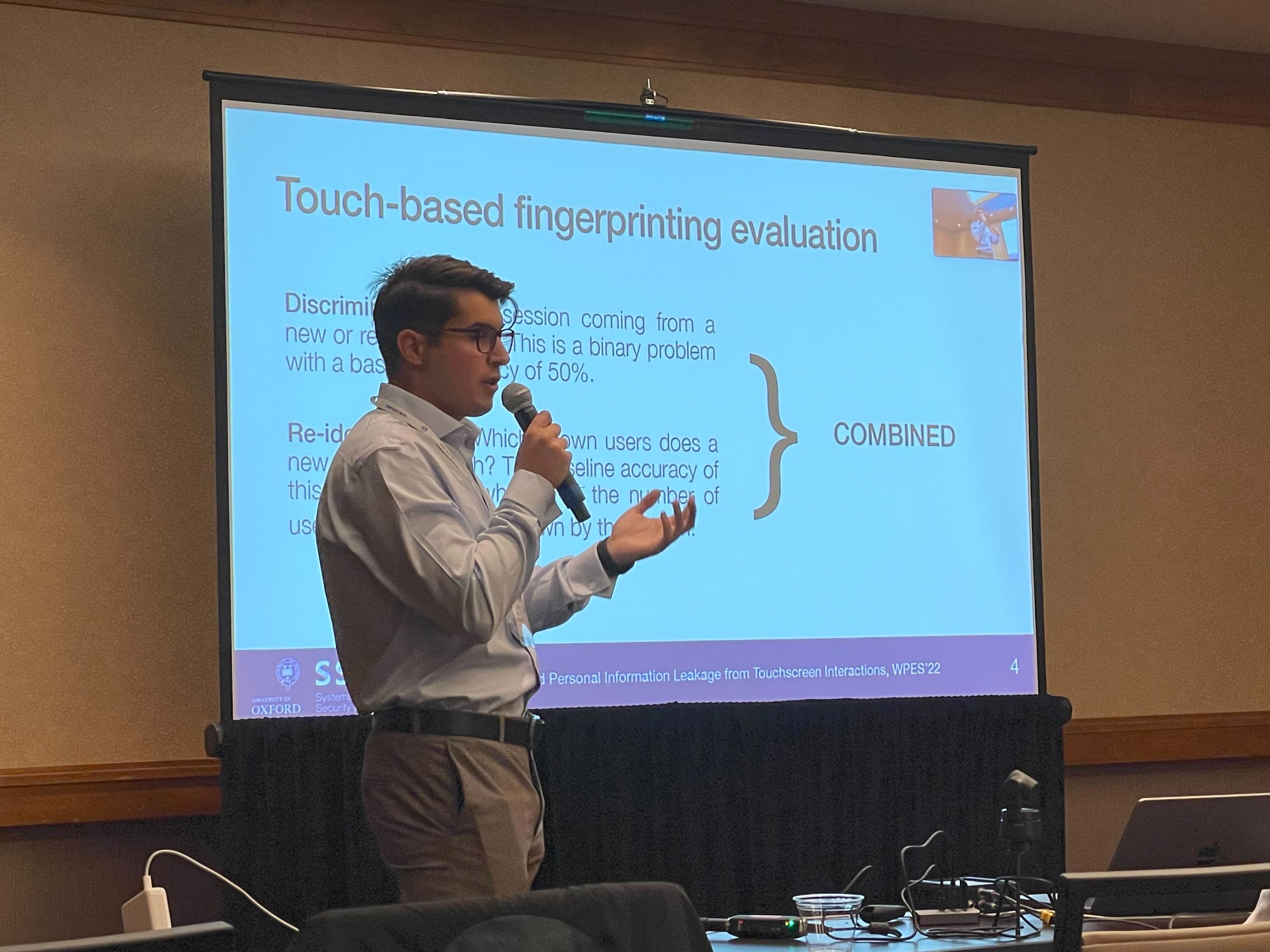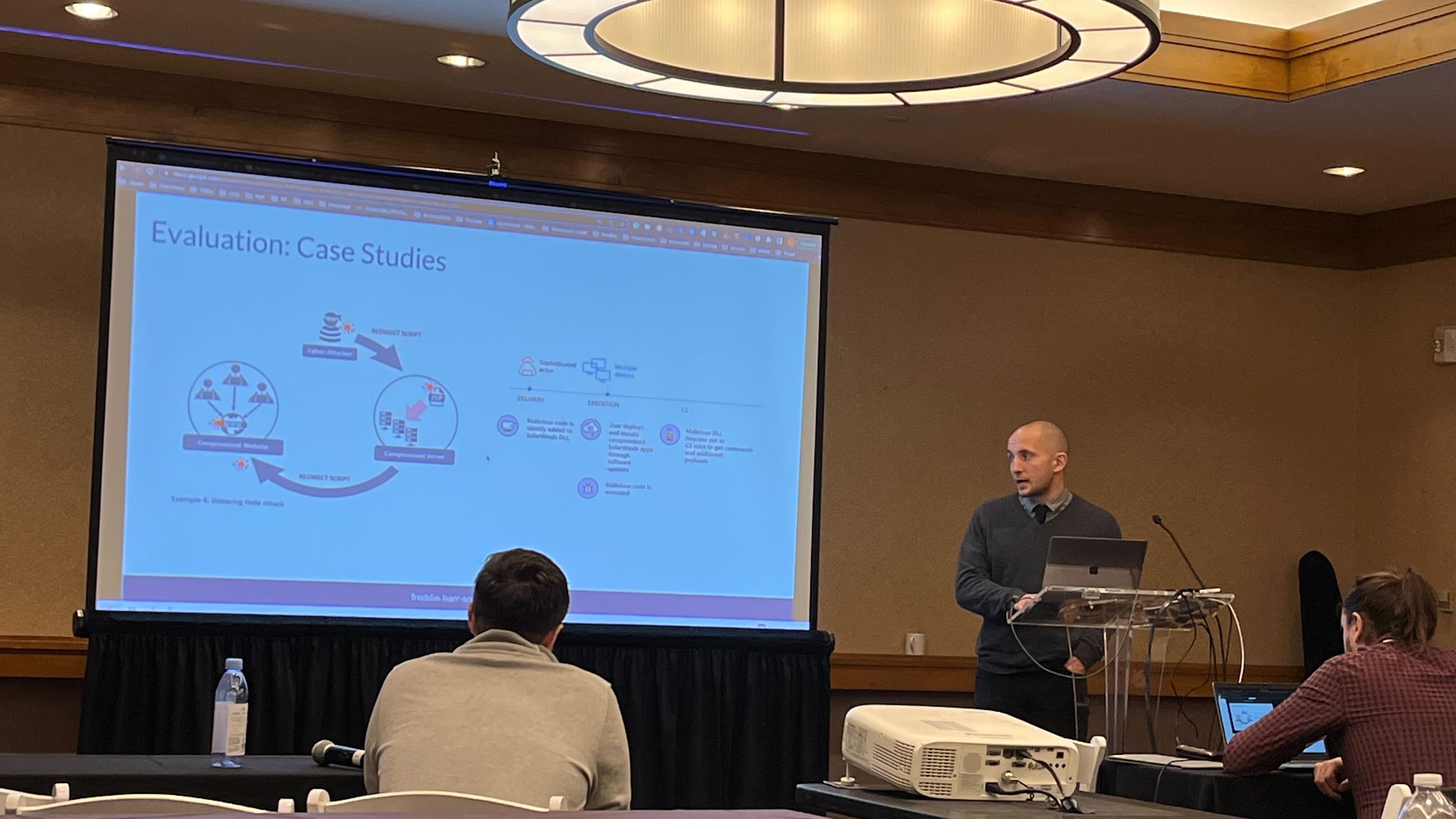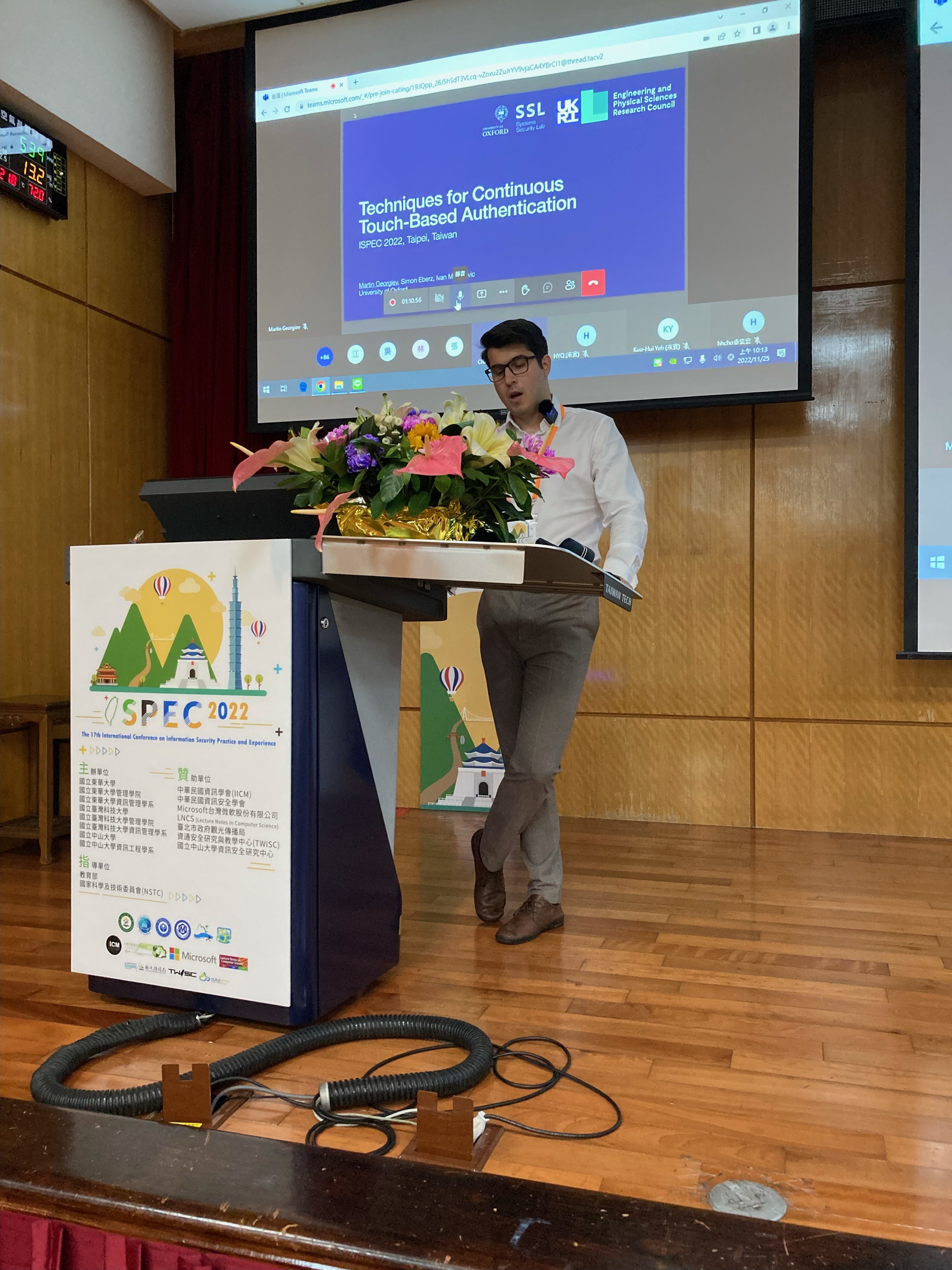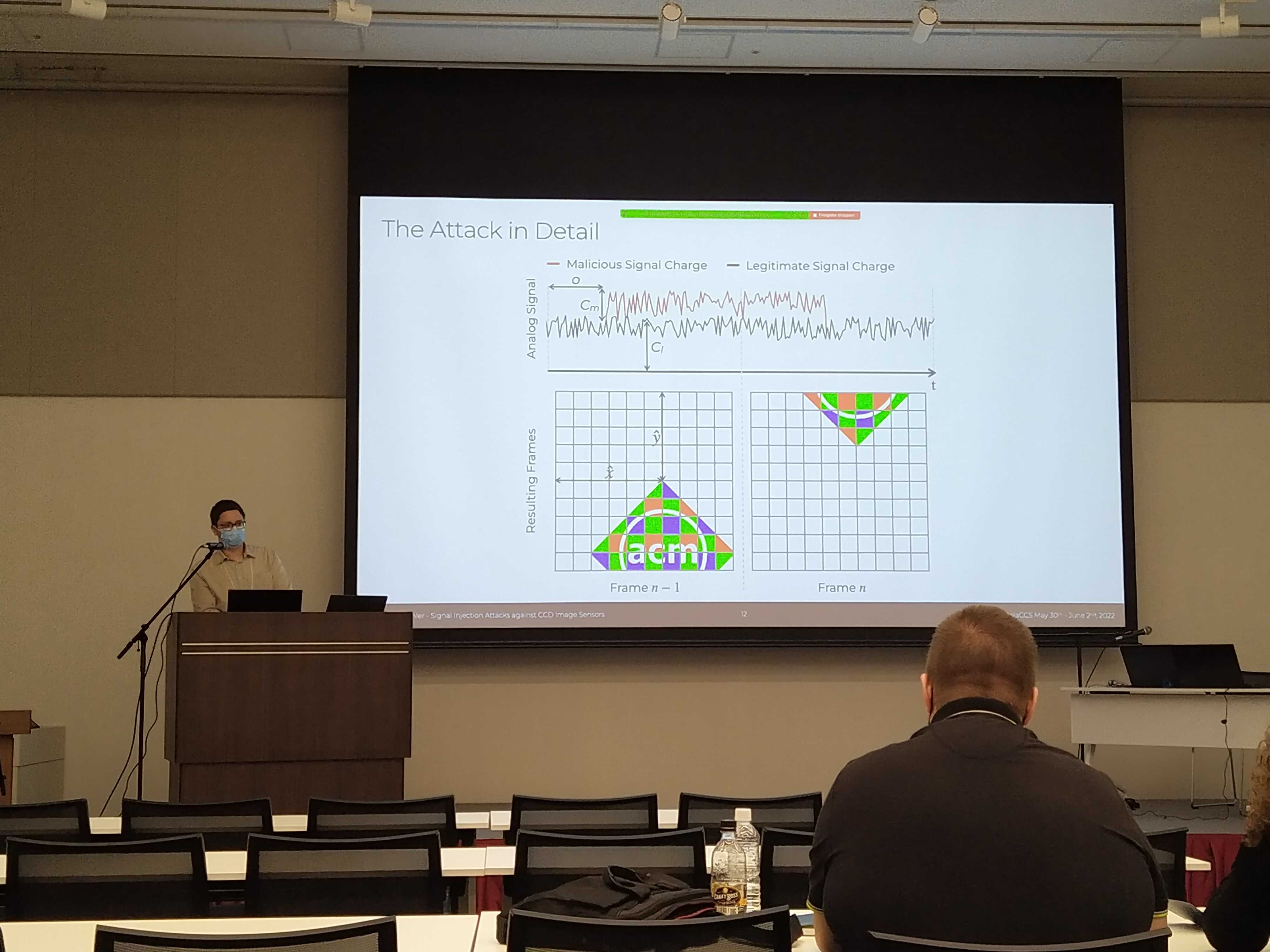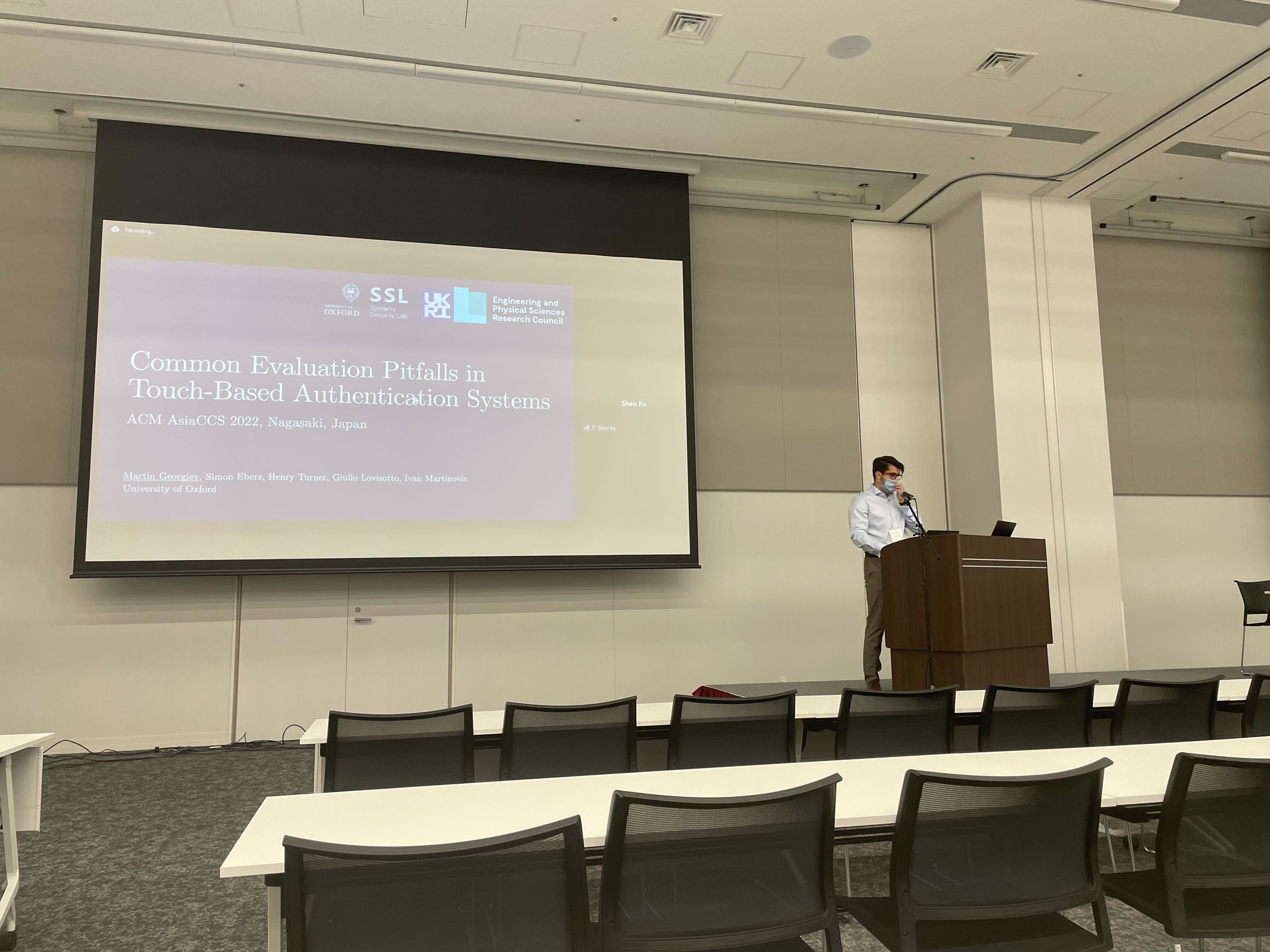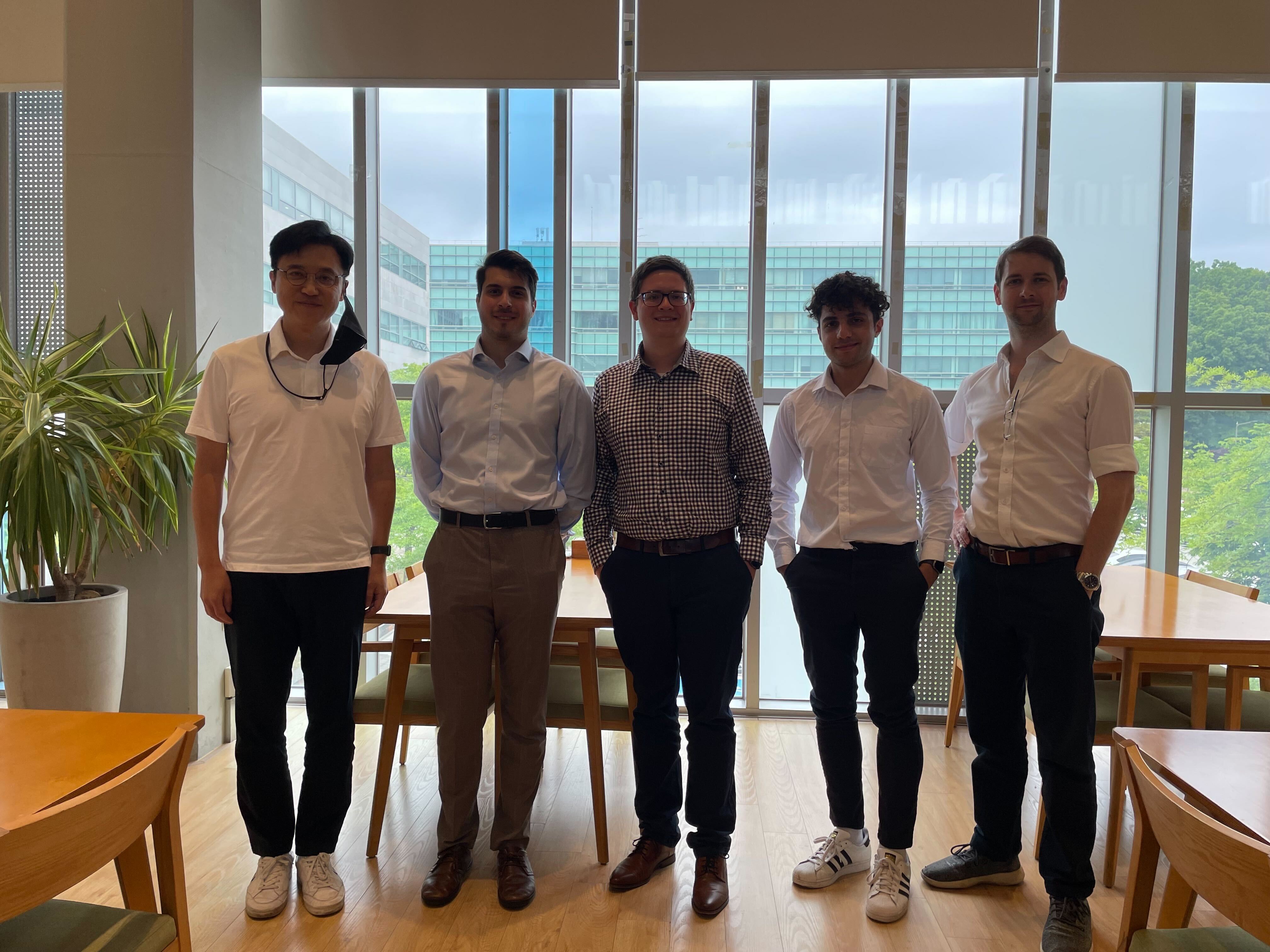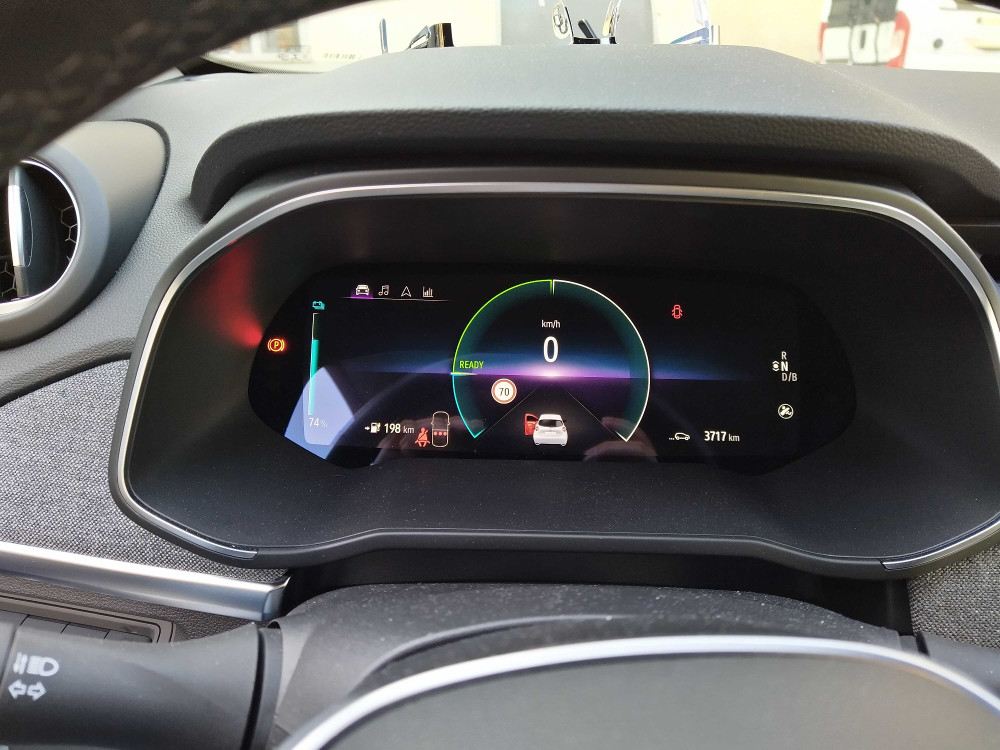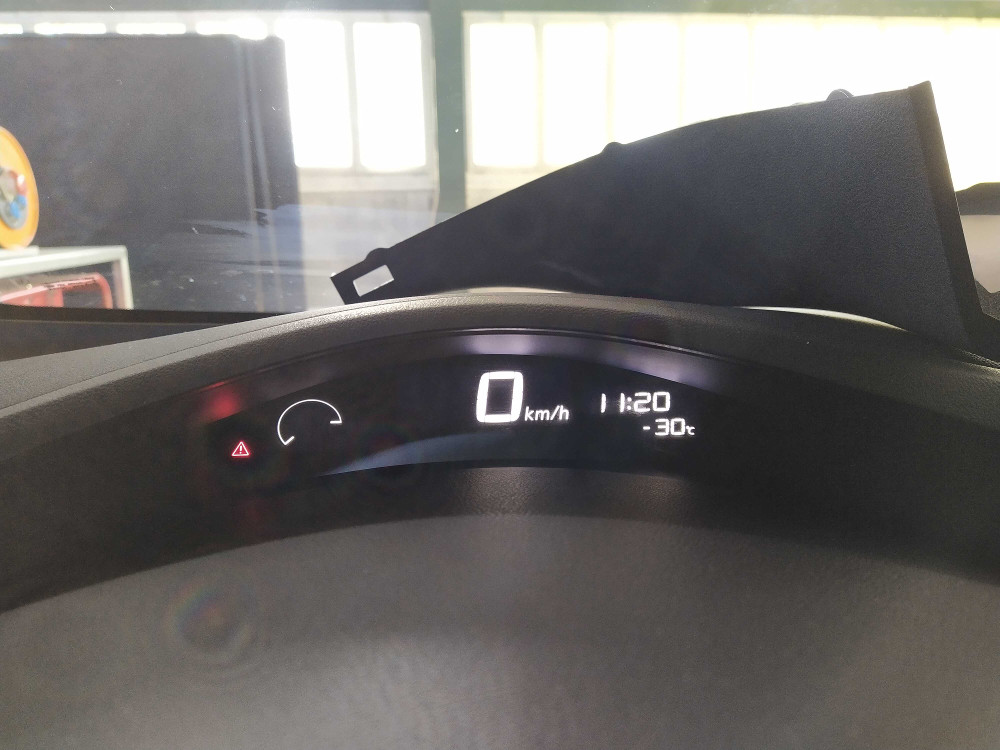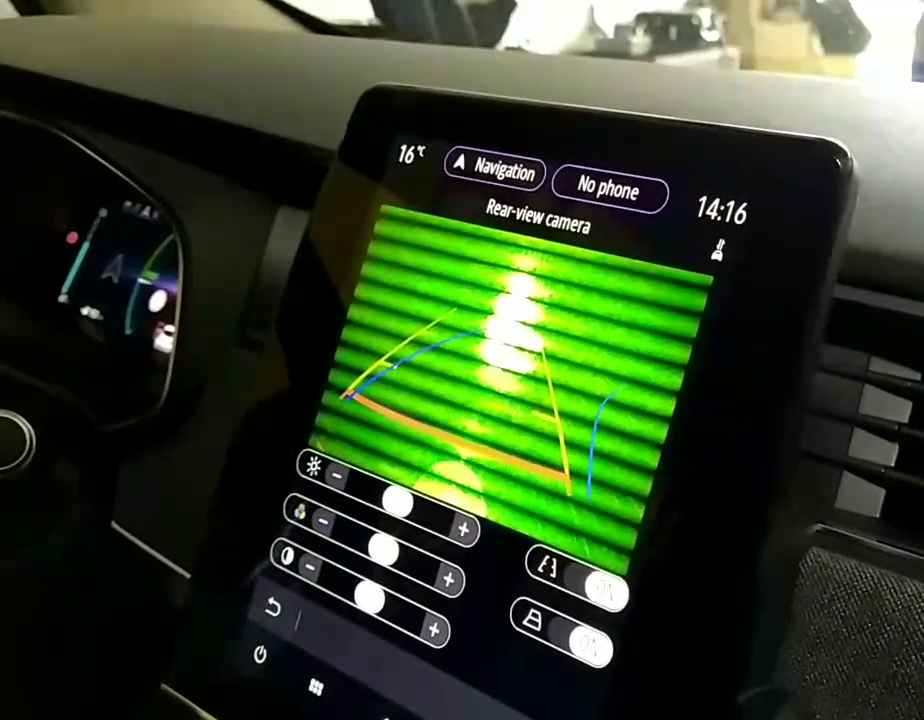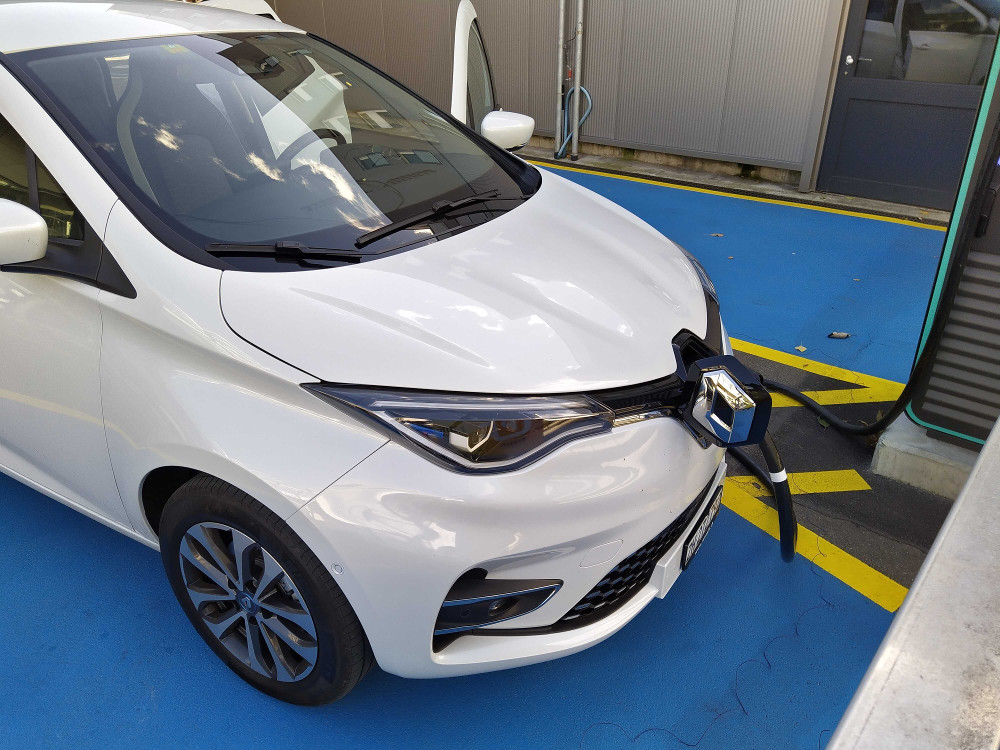November 02, 2020
/
by Jordan Summers
/
The University of Oxford, through its research commercialisation arm Oxford University Innovation, has created its 200th company based on academic research, PhishAR.
PhishAR builds on the work of Professor Ivan Martinovic and Dr Ivo Sluganovic from Oxford’s Department of Computer Science, and employs augmented reality to crack down on “phishing”, an online scamming technique which fools a user into handing over their digital security credentials and other sensitive information, such as personal data or credit card details.
The cybercrime is typically achieved through utilisation of fake websites or emails that replicate the genuine article, such as an email from a bank or an employer’s website. The fakes may appear as a near-perfect facsimile of the original, and may also use already obtained user information to form a sophisticated attack (spear phishing) or purposefully target senior members in an organisation for maximum gain (whaling).
PhishAR will help users identify fraudulent emails, websites and other online transactions by using artificial intelligence to scan and analyse what is presented on the screen in order to detect discrepancies such as style and formatting, used URLs, information requested from the user, and other security indicators. The company’s software will run on mobile phones and augmented reality wearables to help mitigate the rapidly increasing impact of phishing, which costs individuals and organisations billions of dollars every year.
PhishAR’s seed round was led by Kluz Ventures, and the company has been accepted onto the Mastercard Start Path Programme to accelerate its development.
More recently, the University has seen a flurry of companies in the fields of Artificial Intelligence (including imaging diagnostics companies capable of identifying Alzheimer’s Disease and heart attacks before they happen), quantum computing (and incidental technologies in its development such as quantum-era cryptography and cybersecurity), and COVID-19. The University has produced two companies in the past few months to advance both ventilator and testing technologies for COVID-19, and another, Vaccitech, incorporates in its vaccine candidates the same adenovirus platform technology that is used in the COVID-19 vaccine licensed by OUI to AstraZeneca.
This milestone comes at a significant point in Oxford’s ongoing research commercialisation, with Oxford spinout companies having raised £880.2m ($1.14bn) in external fundraising over the past financial year, eclipsing previous records. The innovation boom in Oxford driven by the creation and growth of these companies is fuelling an influx of talent and investment to Oxford’s innovation ecosystem, known as the Oxford Cluster.
Professor Ivan Martinovic, co-Founder of PhishAR, said: “Conventionally, service providers have been authenticating the end-user, which is a one-sided process, while the end-user struggles to know who they are communicating with, and this is what criminals are continuing to exploit, on an ever-increasing scale. PhishAR’s innovation is in using augmented reality and artificial intelligence to see through their user’s eyes and ensure that they are “authenticating the authenticator”. Before any credentials are provided, PhishAR checks who is requesting the users’ credentials. PhishAR is the only proven mechanism to allow the end user to authenticate and identify with whom they are communicating, and thereby dramatically reduce the risk from harmful phishing attacks while offering a seamless integration and minimal costs with existing authentication systems.”
Adam Stoten, Chief Operating Officer at Oxford University Innovation, said: “PhishAR and its mission to safeguard millions of people ever year against cybercrime is a company worthy of Spinout #200, and we warmly welcome the team to the Oxford spinout family. While it took Oxford 55 years to get from Spinout #1 to Spinout #100, it took us a mere six years to reach 200. Consequently, we look forward to announcing our 300th spinout and many more companies in the near term.”
Chas Bountra, Pro-Vice Chancellor for Innovation at Oxford University, added: “These 200 companies are testament to Oxford’s research and its ability to have impact, and underline our status as the world’s number one university. Through our innovation, we’re tackling the world’s biggest killers, we’re tackling the biggest challenges of our era, and we’re building the infrastructure for tomorrow’s world – all while creating jobs and economic impact. Oxford may be an institution with its roots deep in the past, but we’re demonstrating that we can also have a fundamental effect on shaping the future.”
- First published by the News & Information Office, University of Oxford, on 27/10/20.
